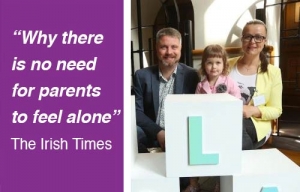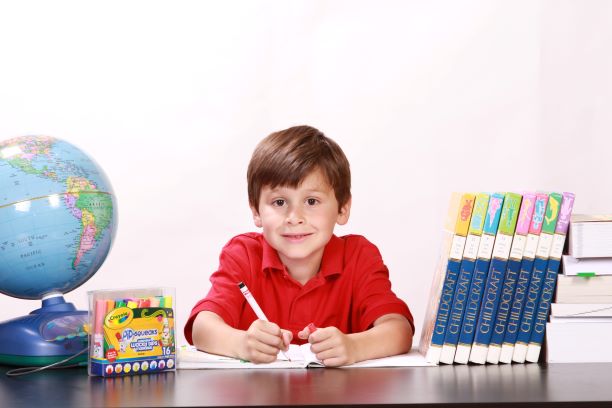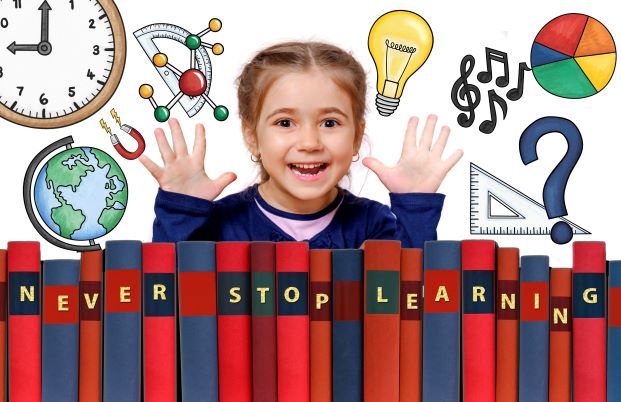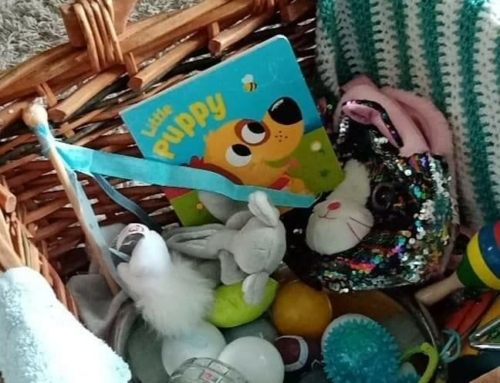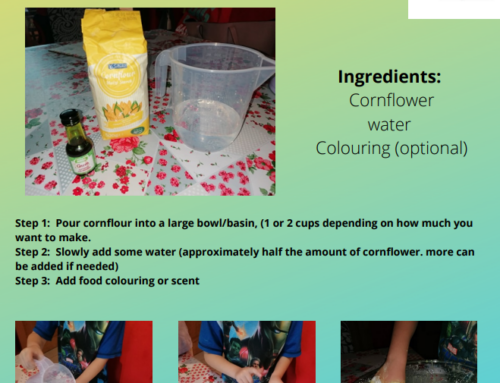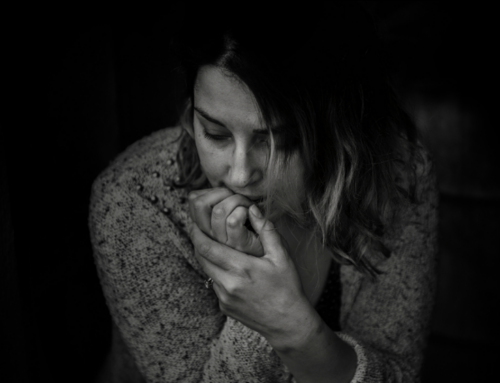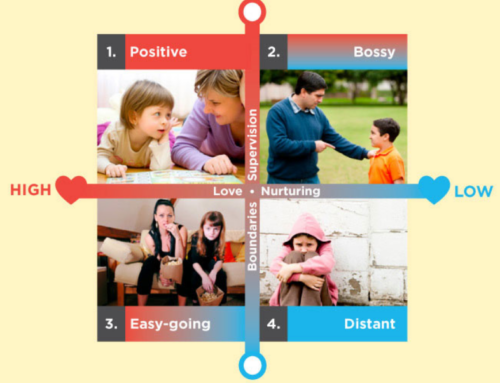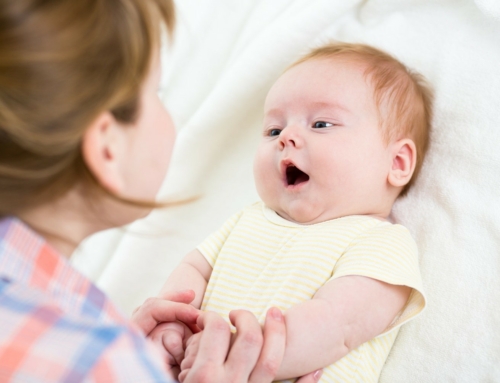In less than two weeks, your pre-school child will have reached a major milestone in their life by starting primary school. In any normal school year, this can be both an exciting, nervous and scary time for both parent and child. Starting school in the middle of a pandemic adds extra concern for both the parent and child creating anxiety and worry around the health, well-being and safety of the child.
To help ease these concerns we must remember that children are already familiar and are actively practising COVID-19 safety measures over the last 5 months within the home environment, social situations and in a preschool/nursery setting. They will continue to use these safety measures in primary school and be introduced to new safety measures such as bubbles.
After the home environment, (where children spend 85% of their time) the second most important place in a child’s life will be the school environment. The first year of school will build on your child’s existing skills that were introduced in the home and preschool environments such as school readiness skills (listening to the teacher), basic academic skills (counting to 10), social skills (playing with other children), and their independence skills (putting on their coats by themselves). They will also learn new skills and knowledge that will shape their academic, social, emotional and physical development.
As a parent, you play a crucial role in preparing your child for starting primary school and below are some ways you can help your child prepare:
- Talk about school
You may be already talking to your child about school, if not, you could begin talking to your child about the following:
- Discuss what will happen on the first day of school, for example, from how and with who they will travel to and from school, to sitting at a desk and knowing how long the day will last.
- To help familiarise your child with the new school, you could talk about the name of the school, the teacher’s name (if you know it) and names of brother’s/sister’s/children who will be going to the same school. You could also check out the school’s website/ Facebook page, read a book about starting ‘Big School’ or walk/drive by the new school and point it out to your child.
- Be positive in your use of language as this will help present this school as a positive and exciting experience. Children are like sponges they pick up on everything including your emotions. Explain to your child it is okay to feel nervous about school and listen and talk through their concerns and feelings about school. If your child is anxious about school, try and focus on the positive aspects of school that will be of interest to them, for example, learning new songs/games.
- Communicate how school life will be different for them because of COVID-19. Talk about and encourage existing safety measures to help stop the passing of germs such as: Sneezing or coughing into the crease of their elbows, blowing their nose into a tissue, washing their hands and saying hello to friends with air high five’s/elbow bumps. Although there is no physical distancing required for children of primary school age government guidelines do suggest trying to avoid social physical contact.
- If you have not bought the school essentials yet i.e. uniforms, school bag, lunch box, stationery. Organise a shopping trip with your child and make it an adventure by spending one on one quality time with your child, whilst letting them choose their own school items. This will help increase their excitement about starting school.
- School Routines
A week before the start of school, you could begin practising your child’s daily school routine including: getting up, dressed and having breakfast in the morning in time for school, having lunch and snacks at the same time they will do at school and going to bed at the same time each night. By practising the school routine, it will reset your child’s body clock to school time and gently ease them into structured school routine. This will allow your child to feel comfortable and confident in knowing what to expect.
- Learning School Readiness skills
- Teach your child to recognise their own name, so they will be able to spot their name in school for example, on coat pegs and tables.
- Help your child feel confident to put their hand up in class by teaching them how to ask to go the toilet and also to use the toilet independently.
Above are some tips that will help you prepare your child for a successful transition into primary school. It may take some time for your child to settle in. If you feel your child is not settling in discuss this with your child and the teacher. Share your knowledge of your child with the teacher as this will help the teacher promote your child’s best development.
Starting primary school for the first time is an enormous, exciting step for your child. Your child’s world is now filled with change, endless opportunities, adventure and fun and may also leave some free time for you. As always you are the key educator in your child’s life and they will need your love, encouragement, support and guidance in this new chapter for them to successfully complete another milestone in their life.

